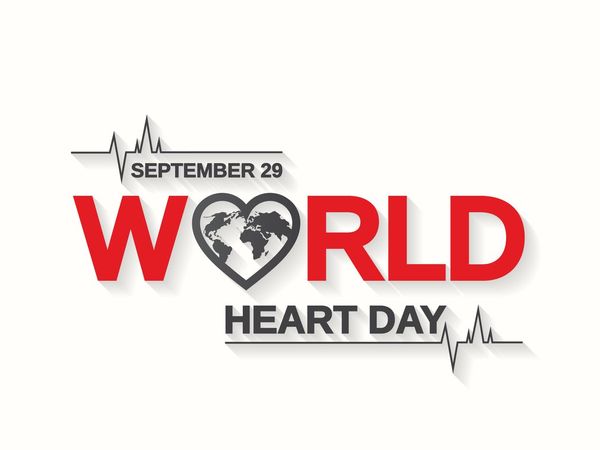As we celebrate World Heart Day, I have to say that I have mixed feelings at what we have accomplished. On the one hand, we have made amazing strides in the last 30 years in decreasing coronary artery disease in the United States, not only preventing heart attacks, but treating them with new devices and medications that have dropped their lethality several-fold. At the same time, as physical activity has decreased in our society, and people have turned toward processed foods to supply their meals in an increasingly hectic life of work and child-rearing, we are seeing an epidemic of diabetes and obesity that has led to an increasing incidence of heart failure.

Furthermore, heart disease has truly become a world problem. When I started training in the 1980s, it was looked at as a disease of the Western world. But, as the same trends that I see in the United States now reach countries that are newly affluent, such as India and China, we see heart disease growing in these countries. India, in particular, is near and dear to my heart, as my wife grew up in that country. Each of her four brothers have had heart disease, two of whom died suddenly of heart attacks.
So, as we make our way, well into the 21st century, I would say that it isn’t enough to invent new medications and devices—though we are certainly lucky to have motivated and creative scientists and doctors who do so—but we must redouble our efforts at prevention, returning to healthier diets and becoming more physically active again, the whole world over. These are steps that each of us can take to make ourselves healthier and lessen our risk of heart disease. Science can take us only so far.
Greg Koshkarian, MD, FACC
